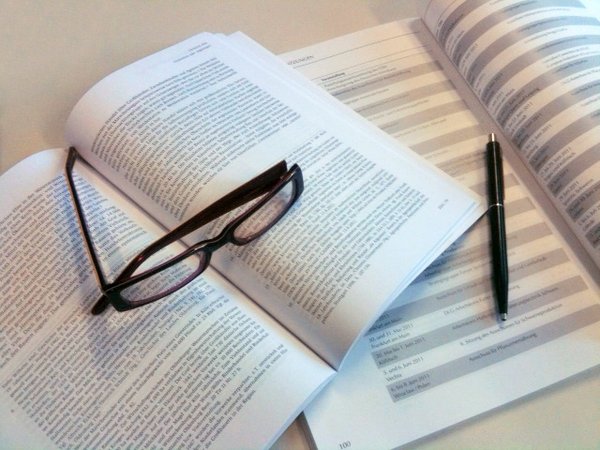- Share this article
- Subscribe to our newsletter
In Brief: sources of information
FAO: Country profiles, glossary and opportunities for developing countries
On its Website, the Organic Agriculture Programme of the UN Food and Agriculture Organization FAO provides a database on institutions that undertake research relevant to organic agriculture is well as a list of publications on organic farming, country profiles and an overview of relevant events. In addition, it has a Glossary on organic agriculture in English/French and Spanish, English/ Arabic, English/Chinese and English/ Russian. The Glossary contains some 400 concepts with synonyms, variants, definitions, remarks and context fields – from “abiotic” to “zero tillage”. Website: http://www.fao.org/organicag/
IFOAM: Definitions, principles, standards & certification
The International Federation of Organic Agriculture Movements – IFOAM – was founded in 1972, in Versailles, France. With its more than 700 member organisations in more than 100 countries, IFOAM represents the worldwide movement of organic agriculture. Membership is open to associations of producers, processors, traders and consultants as well as to institutions involved in research and training committed to organic agriculture. The website provides a wide range of data, such as basic information like the definition and the principles of organic agriculture (available in around 20 languages) as well as information on standards and certification – including details on accreditation, the Participatory Guarantee System (PGS) and group certification for smallholders. Various publications and training manuals can be ordered, and there is an overview of past and coming events in the area.
FiBL: Research, consulting and knowledge transfer
The “Forschungsinstitut für biologischen Landbau” (FiBL – Research Institute of Organic Agriculture) has been conducting research and advisory services in organic farming since 1973. In addition to its headquarters in Switzerland, the Institute has offices in Germany and Austria; in 2010, FiBL International was founded in cooperation with institutions from Luxembourg, the Czech Republic and Slovenia. Apart from research on all aspects of organic farming, knowledge transfer assumes an extensive role – via advisory services, courses, expert reports and various publications. Furthermore, various global projects address the development of ecological research, advisory and certification services. Information on research activities and publications can be found at http://www.fibl.org. On its Website www.organic-research.org the FiBL presents key initiatives on organic farming research world-wide undertaken by the IFOAM Global Organic Research Network. The website also hosts homepages of several completed European and international organic farming research projects.
Global organic statistics and news
The Website www.organic-world.net combines global key data on organic agriculture resulting from a survey that the Research Institute of Organic Agriculture FiBL and the International Federation of Organic Agriculture Movements IFOAM conduct annually with the support of experts from more than 150 countries. Data is available on the surface area under organic management and the numbers of farms as well as on developments on the global market for organic food. Special information on regions and individual countries can be called up individually. Furthermore, the website provides excerpts from “The World of Organic Agriculture 2012”. In addition to up-to-date facts and figures on organic farming worldwide, the book contains an overview of the current status and emerging trends for organic agriculture by geographical region. The country reports on Australia, Azerbaijan, Benin, Bulgaria, Canada, Ethiopia, Germany, Iran, Pacific Islands, Peru, Thailand, Turkey and the United States provide more in-depth information. The latest developments in organic certification, standards and regulations are also covered.
Perspectives for countries in the South
The 2nd African Organic Conference was held in Lusaka, Zambia early in May 2012. Numerous presentations given there are available for downloading from the Internet at: www.africanorganicconference.com. Publications on perspectives of organic farming for small-scale farmers in the South and marketing opportunities for developing countries are available on the Websites of the International Fund for Agricultural Development (IFAD; see www.ifad.org) and the United Nations Conference on Trade and Development (UNCTAD; see www.unctad.org), among others. In addition, you will find a wide range of further reading material on all of the contributions in this focus at www.rural21.com– immediately following the respective article.





Add a comment
Be the First to Comment